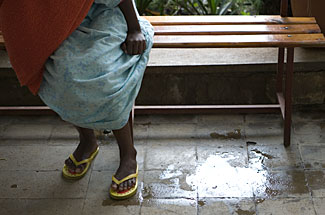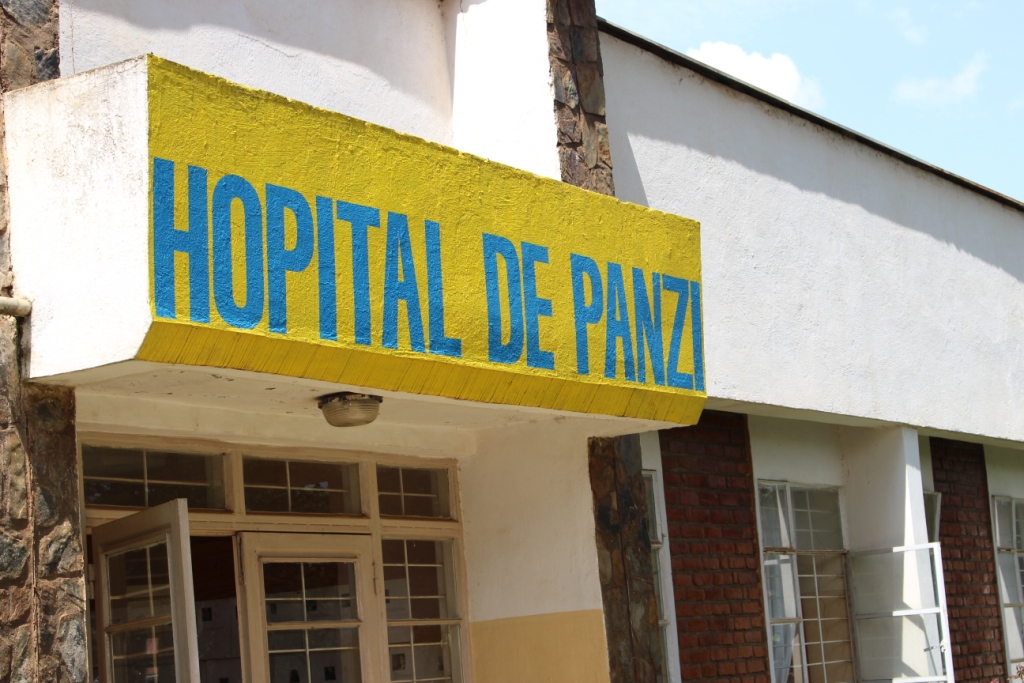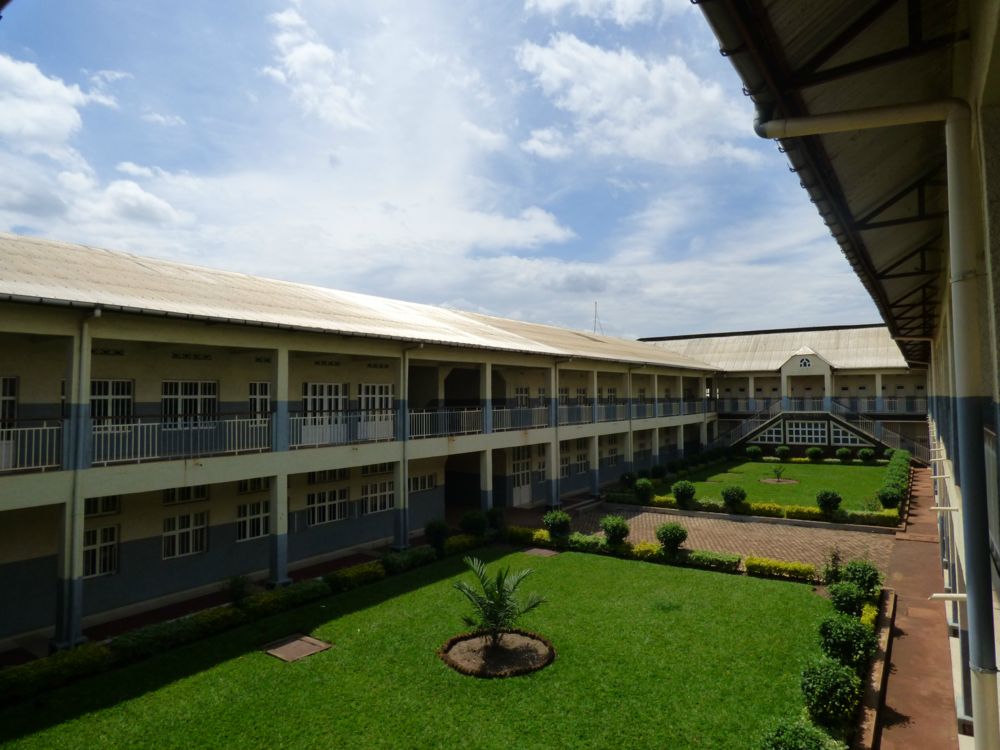Help us improve the lives of women with fistula
What is fistula?
A complication of prolonged labor is that pressure of the fetal head on pelvic organs can lead to significant tissue damage (similar to a pressure sore) and result in an obstetric fistula, a large hole between the vagina and bladder or rectum, which leads to unremitting urinary and often times fecal incontinence. According to the UN Population Fund, there are approximately 2 million women around the world living with fistula, with 50,000 to 100,000 new cases every year. Although the hole, or fistula, can be closed surgically, up to 50% of patients remain incontinent even after the fistula has been closed, and therefore they continue to suffer the physical and social consequences of fistula. Fistula is compounded by psychological trauma, and affected women are often abandoned by their families, become social outcasts, unable to find employment, living on the margins of society, suffering from severe depression, and occasionally suicide.

Women with fistula suffer constant urinary/fecal incontinence


Panzi Hospital in Bukavu, DRC
Our Work
For the past several years, we have been worked with the Addis Ababa Fistula Hospital in Addis Ababa, Ethiopia to improve the care of patients with obstetric fistula. Through collaboration with local care providers, we have designed and implemented novel medical equipment for patients at the hospital, and developed a series of innovative evaluation techniques for patients that continue to suffer from incontinence after fistula closure. These techniques, which aim to more comprehensively evaluate each patient, have since been adopted as standard of care in Addis Ababa.
Like Ethiopia, there are thousands of women that suffer from fistula each year in the Democratic Republic of Congo (DRC). However, in this region, fistula is also caused by sexual violence. DRC has been described as the “rape capital of the world” and as reported by numerous groups including Human Rights Watch, nowhere is the prevalence of sexual violence as intense. Over the past 2 decades, rape has been used as a tool to maintain authority over civilians in territories occupied by rebel groups. Fistula in these patients is a result of direct gynaecologic trauma, usually from forced insertion of objects such as gun barrels, beer bottles and sticks into a woman’s vagina. This brutal act of violence can lead to the formation of a fistula, resulting in a hole between the vagina and the bladder and/or rectum. Similar to those with obstetric fistula, a significant proportion of women undergoing surgery continue to suffer severe incontinence after the fistula has been closed.
Similar to Addis Ababa Fistula Hospital, the Panzi Hospital in the eastern region of DRC, Bukavu, has served as an oasis for women who have, often times, been most severely devasted by fistula. The hospital, which was founded by twice Nobel Peace Prize nominee Dr. Denis Mukwege, specializes in treating survivors of sexual violence. Despite its support network, the Panzi Hospital is in critical need of specialized equipment and clinical evaluation tools, many of which have been developed by GIRHL, to help better treat and manage patients with fistula.
How you can help
Our goal is to raise $10,000 to help support the implementation of critically needed equipment, clinical evaluation tools, and staff training at the Panzi Hospital in June of this year. Your support will significantly improve the care that Panzi is able to provide to its patients. GIRHL is a 501(c)3 non-profit organization, and any contributions would be tax-deductible.
